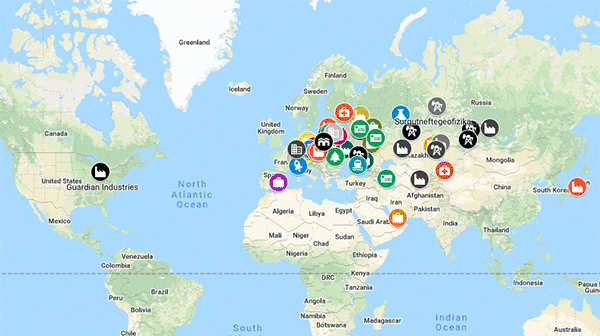Languages of the CIS Countries:
Where Is Each Language Used?
We often receive this question from our European clients: "Where is which language used in the CIS countries?" Although the organization itself scarcely functions anymore, it is commonly understood to refer to the countries of the former USSR. Our work primarily involves translating technical documentation for machinery and plants from German and English.
Languages of Technical Documentation in the CIS Countries
The following unofficial table is based on our personal experience since 2001 and illustrates which countries prefer to read technical documentation in certain languages. It does not reflect the official languages of these states but rather indicates the languages into which we have translated documents over these years. Nonetheless, we recommend consulting with the end customer about their preferred language.
| Armenia | Armenian and Russian |
| Azerbaijan | Azerbaijani and Russian |
| Belarus | Russian, with very little Belarusian |
| Estonia | Estonian only |
| Georgia | Georgian only |
| Kazakhstan | Kazakh and Russian |
| Kyrgyzstan | Kyrgyz and Russian |
| Latvia | Latvian only |
| Lithuania | Lithuanian only |
| Moldova | Moldovan (Romanian) and Russian |
| Russia | Russian |
| Tajikistan | Tajik and Russian |
| Turkmenistan | Turkmen and Russian |
| Ukraine | Ukrainian and Russian |
| Uzbekistan | Uzbek and Russian |
Update on Ukraine (May 2022)
The future language situation in Ukraine remains uncertain. Based on our experience, end customers in Ukraine have not encountered issues whether documentation was provided in Ukrainian (the official language) or in Russian (a second mother tongue for many Ukrainians).




